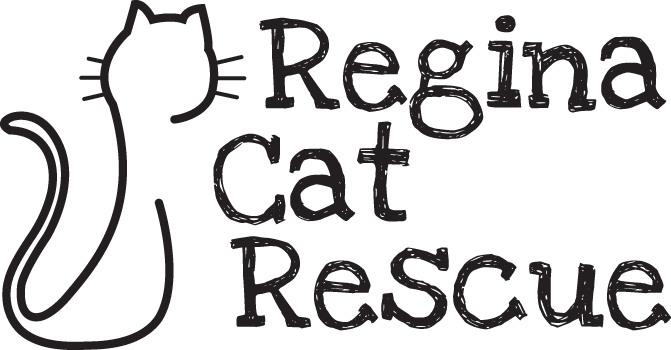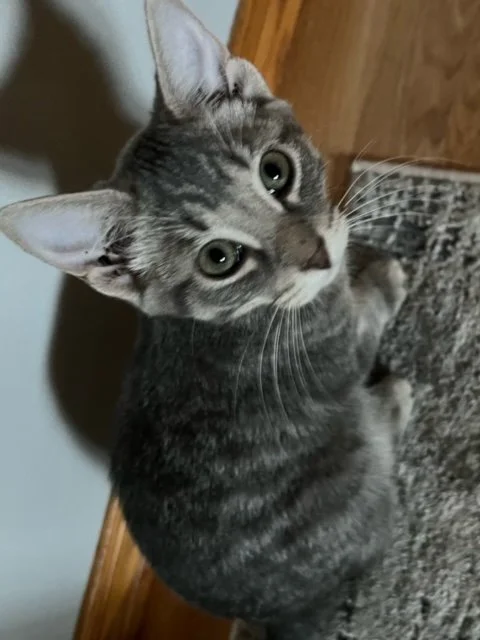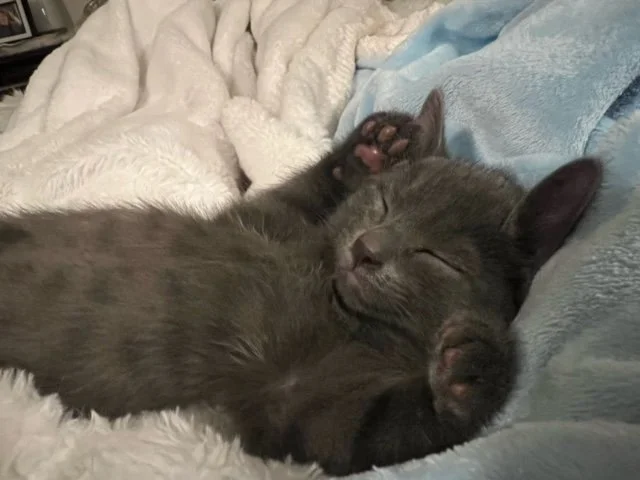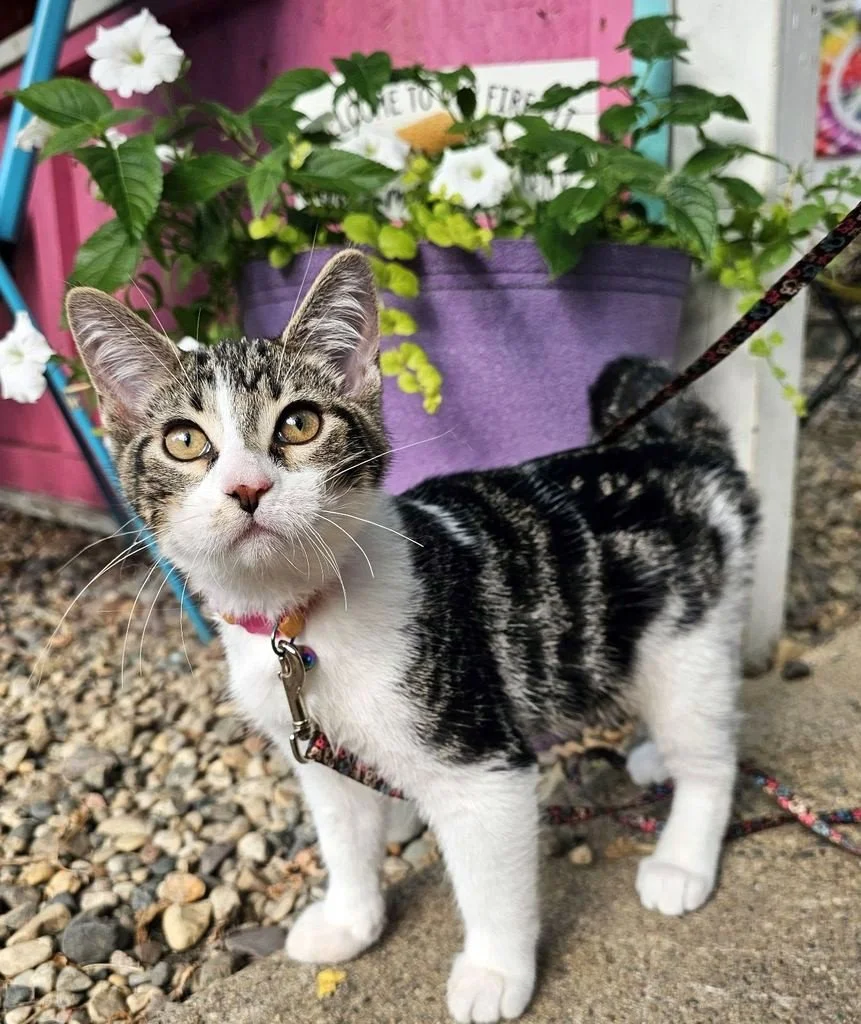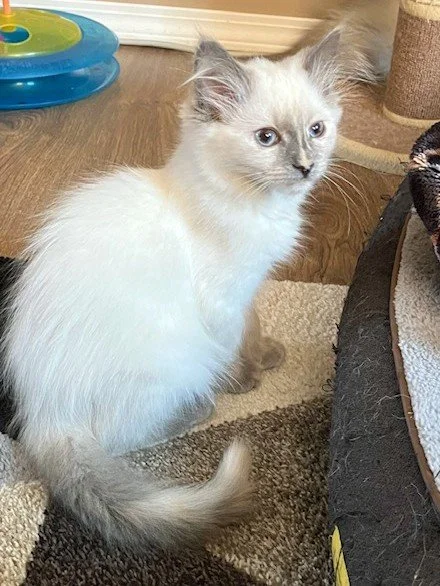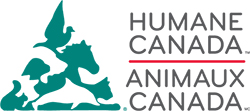RCR introduces policy opposing declawing
/Regina Cat Rescue (RCR) has introduced a new policy defining its position on the declawing of cats. As an animal rescue organization that sees firsthand the negative short-term and long-term effects of declawing and works to prevent unnecessary pain inflicted on cats, RCR affirms its opposition to the practice of declawing cats.
Declawing is an amputation, isn't medically necessary and causes unnecessary and avoidable pain. The procedure can also lead to behavioural issues such as litter box avoidance and biting. Scratching is a normal feline behaviour that cats use to mark territory. Claws help cats balance, climb and defend themselves.
To this end, RCR will no longer adopt cats to applicants who intend to declaw. RCR recommends the following actions in lieu of declawing:
- Cat guardians should provide suitable objects for scratching, including scratching posts and pads, cardboard boxes, carpet or fabric remnants, logs, etc., and should encourage cats to use these objects by providing catnip, treats and praise.
Cat guardians should consider temporary synthetic nail caps.
Cat guardians should trim their cat’s claws regularly.
Cat guardians should consider deterrents such as double-sided tape and motion-activated compressed air to protect furniture, and offer alternatives like a scratching pad or post near their furniture for cats to redirect their scratching.
In the past, RCR left the decision to adopt a cat to an applicant planning to declaw up to that cat's foster care provider, and the vast majority of RCR's foster care providers elected not to adopt their foster cats to applicants planning to declaw. This new policy formalizes and strengthens RCR's position on the practice.
RCR joins other organizations, including the Canadian Veterinary Medical Association in taking a stand against the practice of declawing cats. The surgery is also prohibited or significantly restricted in multiple countries, including Australia, Brazil, Israel, Finland, Sweden, Germany and the United Kingdom, among others.
To learn more about declawing, please check out the following resources:
- The Paw Project, non-profit organization - Frequently asked questions about feline declawing
- Jackson Galaxy, Cat Behaviourist - Declawing: Jackson Galaxy just says no (video)
- Pamela Johnson-Bennett, Cat Behaviour Expert - Read This Before Declawing Your Cat
